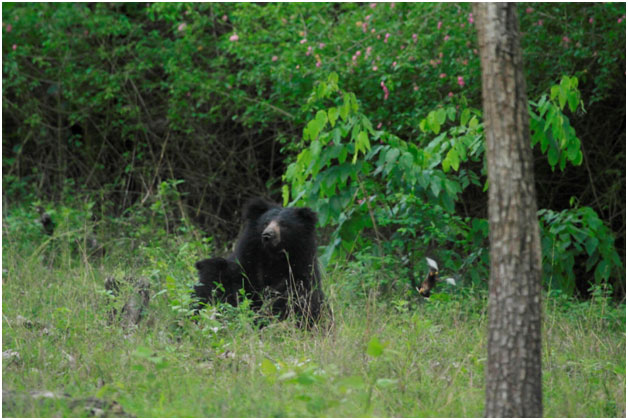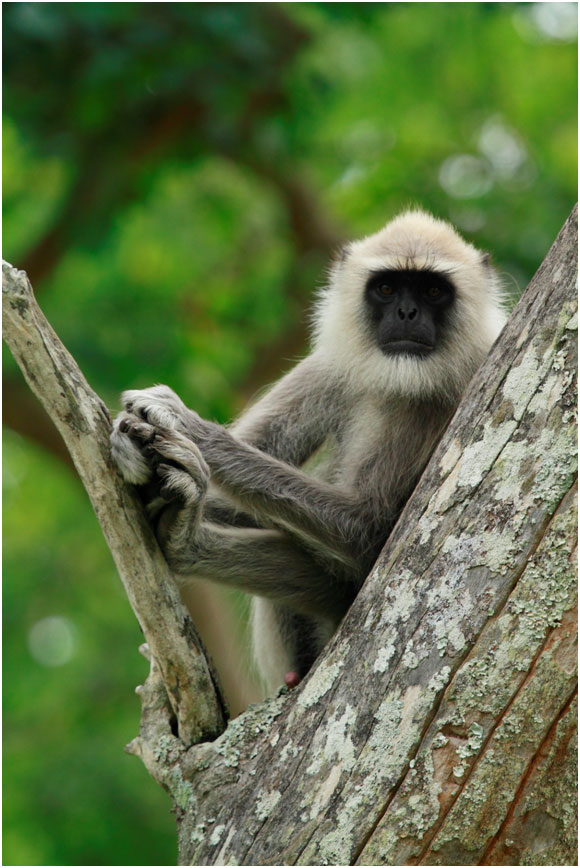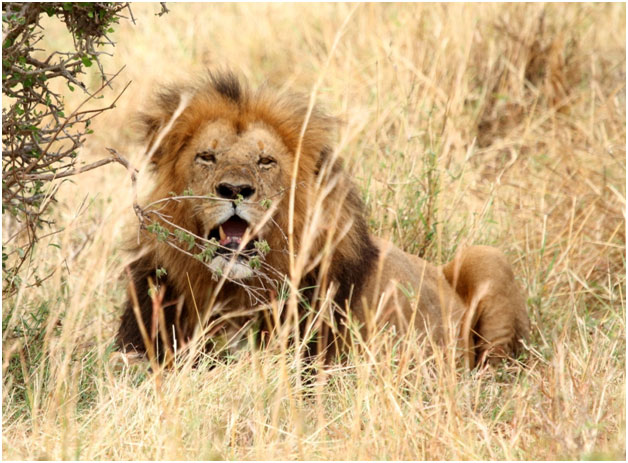Love Wildlife? Wondering Where in India you can Spot your Favorite Species?

Please see below
Where in India Can Black Bucks be Sighted?
Black bucks can be sighted in various regions across India, particularly in states like Rajasthan, Gujarat, Punjab, and parts of Maharashtra. These graceful antelopes are known for their striking black coloration and long, spiraled horns in males. They prefer open grasslands and scrublands as their habitats.
Where In India Are Rhinos Sighted?
Rhinos are primarily sighted in the northeastern state of Assam in India. Kaziranga National Park is especially famous for its population of Indian rhinoceros, also known as the one-horned rhino. This species is critically endangered and is characterized by its single horn and thick, armored skin.
Where in India Can Wild Ass Be Sighted?
Wild asses can be sighted in the Rann of Kutch region in Gujarat, India. The Indian Wild Ass, also known as the Khur, is specially adapted to the arid and semi-desert environments. They gather in large herds and are known for their swift and graceful movements.
Where in India Can the Great Indian Bustard Be Sighted?
The Great Indian Bustard can be sighted in regions such as Rajasthan, Gujarat, and Maharashtra. This critically endangered bird prefers dry grasslands and open landscapes. Due to habitat loss and other threats, their population has drastically declined, making conservation efforts crucial.
Where in India Can Black Panthers Be Sighted?
Black panthers, which are melanistic leopards, have been reported in various forested areas across India, including the Western Ghats in states like Karnataka and Kerala. These elusive and striking big cats are known for their black fur caused by a genetic variation.

Where in India Can Cheetahs Be Sighted?
As of my last update in September 2021, cheetahs have not been sighted in the wild in India for many decades. However, there are ongoing efforts to reintroduce cheetahs to suitable habitats in India, with proposed reintroduction sites in states like Madhya Pradesh.
Where in India Can Wolves Be Sighted?
Wolves can be sighted in various forested and grassland areas across India. They are found in states like Rajasthan, Gujarat, Madhya Pradesh, and parts of Maharashtra. Indian wolves are social animals that often live in packs and play a crucial role in maintaining ecosystem balance.
Where in India Can Flamingos Be Sighted?
Flamingos can be sighted in various coastal and wetland areas of India. They are often spotted in regions like the Rann of Kutch in Gujarat, the Chilika Lake in Odisha, and other similar habitats. These elegant birds are known for their vibrant pink plumage.
Where in India Can Bears Be Sighted?
Bears, particularly sloth bears and Himalayan black bears, can be sighted in forested regions across India. Sloth bears can be found in states like Karnataka, Madhya Pradesh, and Maharashtra, while Himalayan black bears are found in the northern regions of India.

Where in India Can Lions Be Sighted?
Lions are primarily found in the Gir Forest National Park in Gujarat, India. The Asiatic lion, a slightly smaller cousin of the African lion, is the only lion population left outside of Africa. Efforts are ongoing to conserve and protect this critically endangered species.
Where in India Can Tigers Be Sighted? Tigers can be sighted in various national parks and reserves across India, with significant populations in places like the Jim Corbett National Park in Uttarakhand, Kanha National Park in Madhya Pradesh, Sundarbans in West Bengal, Bandipur Tiger Reserve Karnataka, Mudumalai Tiger Reserve Tamil Nadu and many other sancturies . Tigers are the iconic big cats of India and are a major focus of conservation efforts.
Where in India Can Snow Leopards Be Sighted?
Snow leopards can be sighted in the high-altitude regions of the Himalayas. They are found in states like Himachal Pradesh, Jammu and Kashmir, and Uttarakhand. Snow leopards are incredibly elusive and well-adapted to the cold mountainous environments they inhabit.
Where in India Can Flying Squirrels Be Sighted?
Flying squirrels can be sighted in various forested regions across India. They are found in places with dense tree cover like the Western Ghats, Eastern Ghats, and the Himalayan foothills. These small mammals are known for their membrane-like flaps of skin that allow them to glide between trees.
Where in India Can Lion-Tailed Macaques Be Sighted? Lion-tailed macaques can be sighted in the Western Ghats of southern India, particularly in states like Kerala, Karnataka, and Tamil Nadu. These endangered primates are known for their distinctive manes of fur around their faces, resembling a lion’s mane, and are endemic to the Western Ghats’ rainforests.
Where in India Can fireflies be sighted
Fireflies can be sighted in various parts of India, particularly in regions with lush vegetation and suitable habitats. They are often found in places like the Western Ghats, forests, and rural areas where there is minimal light pollution.
Fireflies are bioluminescent insects known for their enchanting ability to produce light. This light is used for communication, attracting mates, and sometimes to warn predators of their unpalatability. Their synchronized flashing displays during mating season create a magical spectacle, often referred to as “lightning bugs.”
Where in India bio Luminescent fungi be sighted?
Bio-luminescent fungi can be sighted in certain forested areas and regions with high humidity and decaying organic matter in India. They are commonly found in places like the Western Ghats, especially after heavy rainfall or during the monsoon season.
Bio-luminescent fungi are unique organisms that emit a faint, eerie glow in the dark due to a chemical reaction involving luciferin and oxygen. This bioluminescence serves various ecological purposes, such as attracting insects to help spread their spores, deterring herbivores, and potentially aiding in their own nutrient cycling process.



